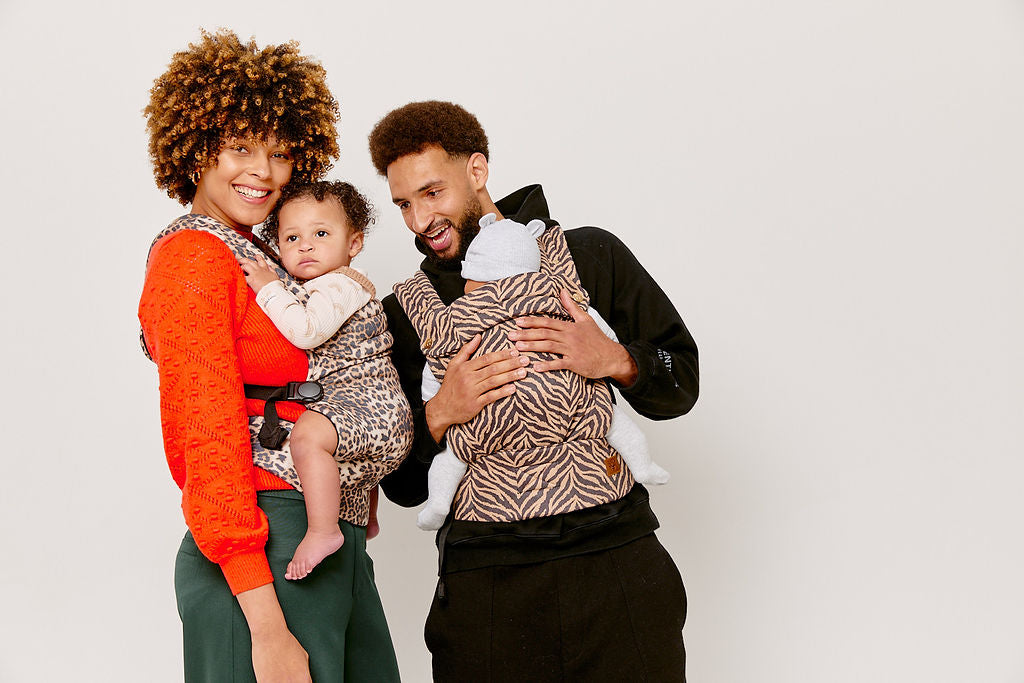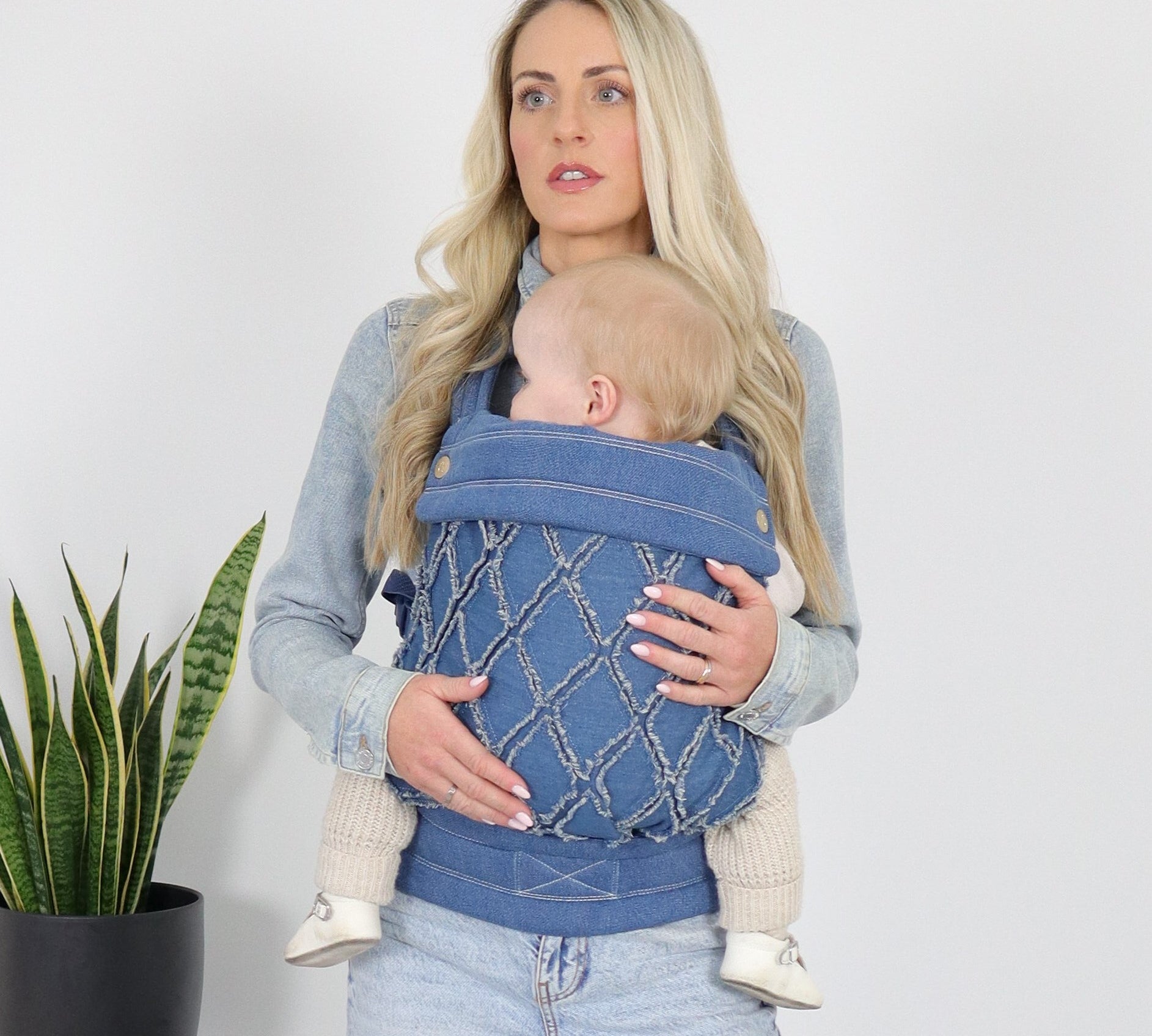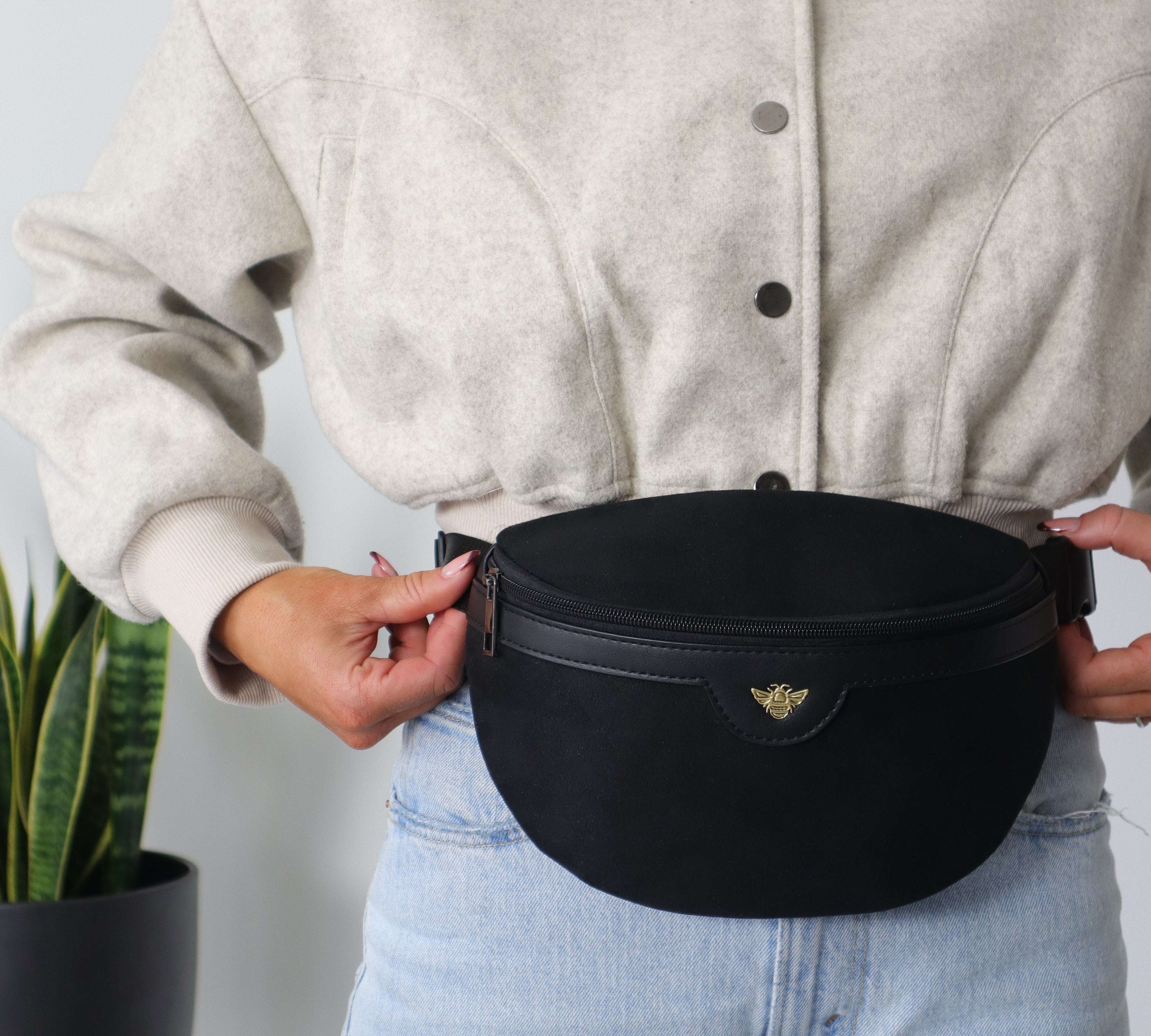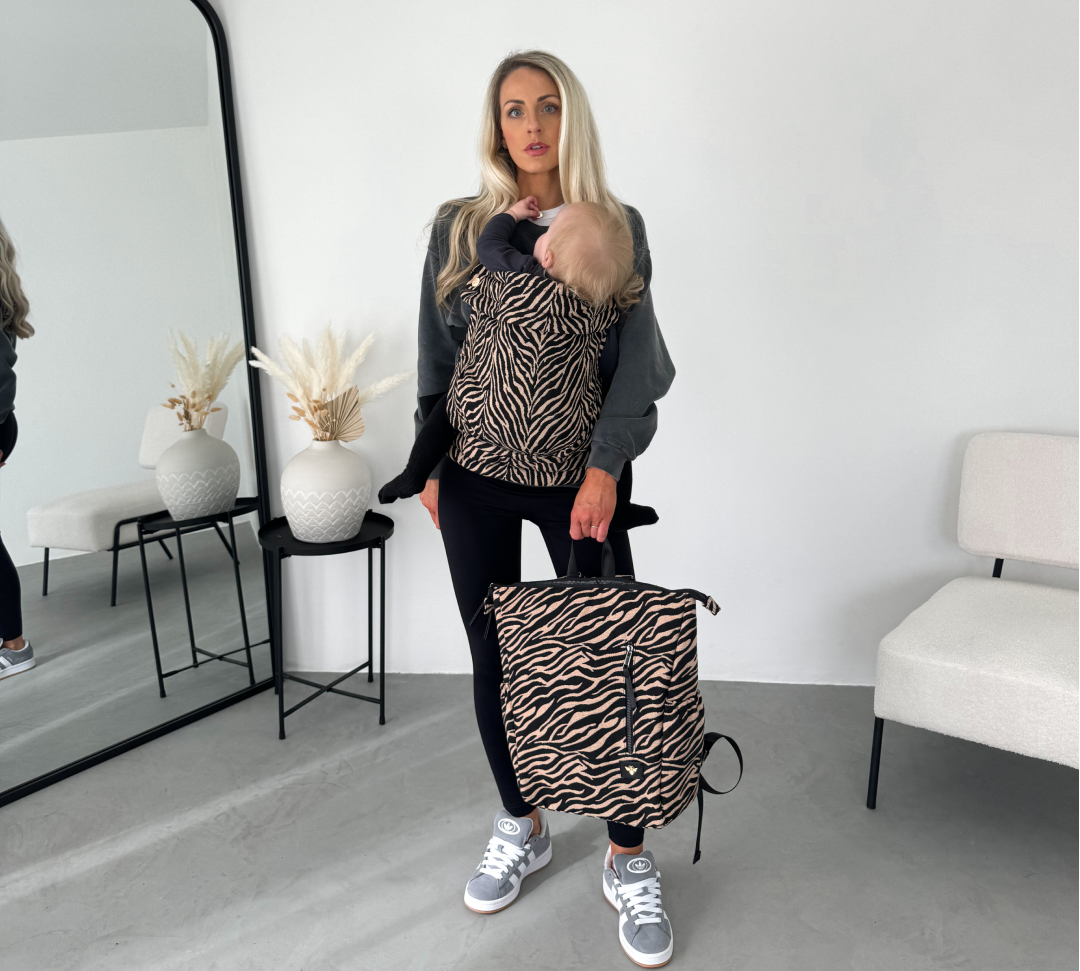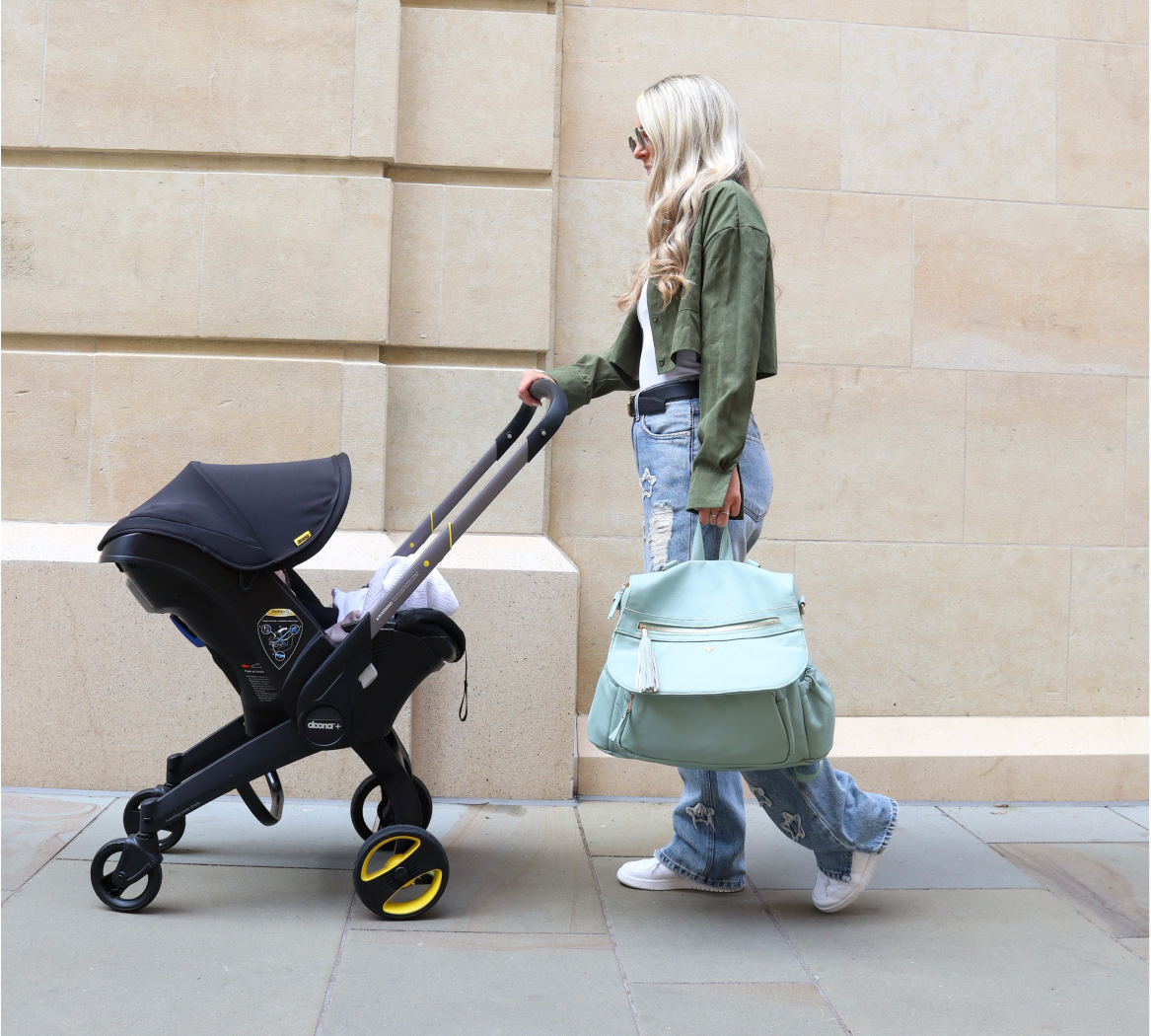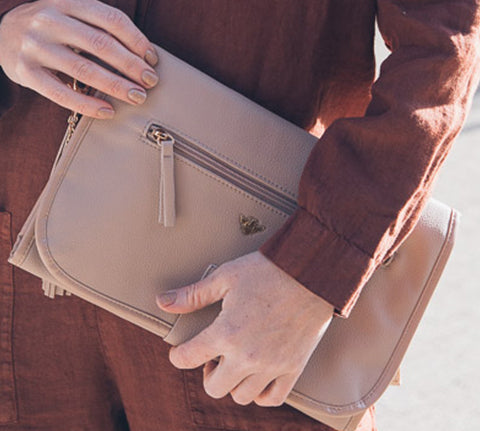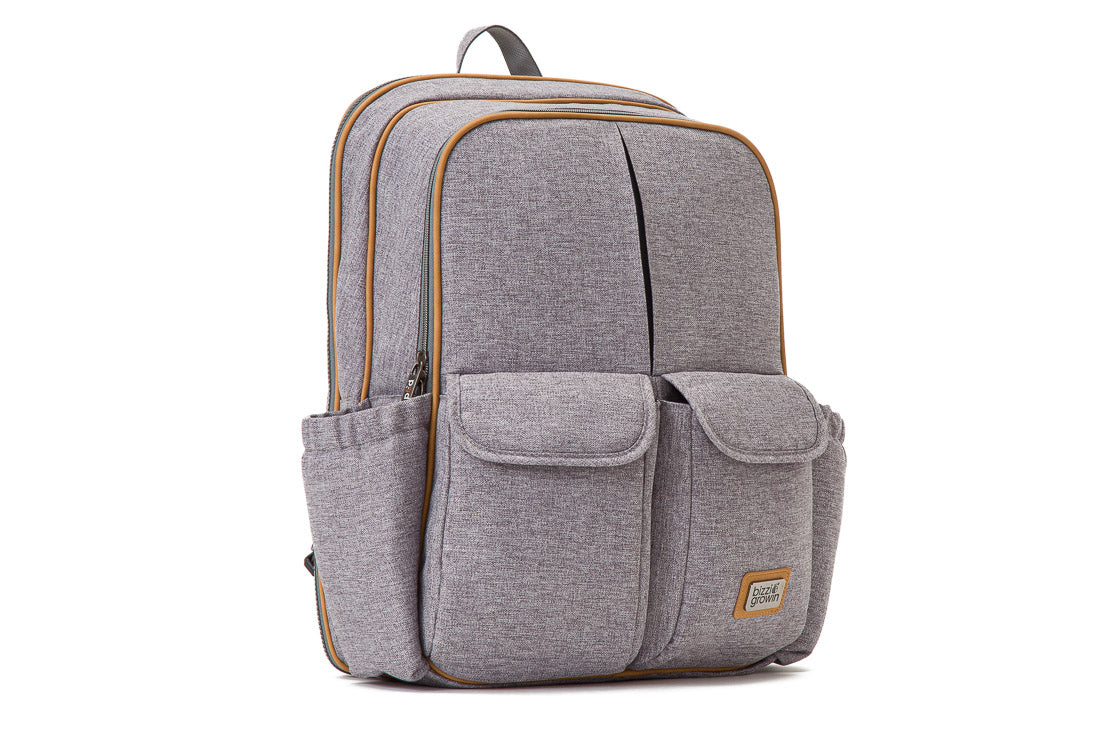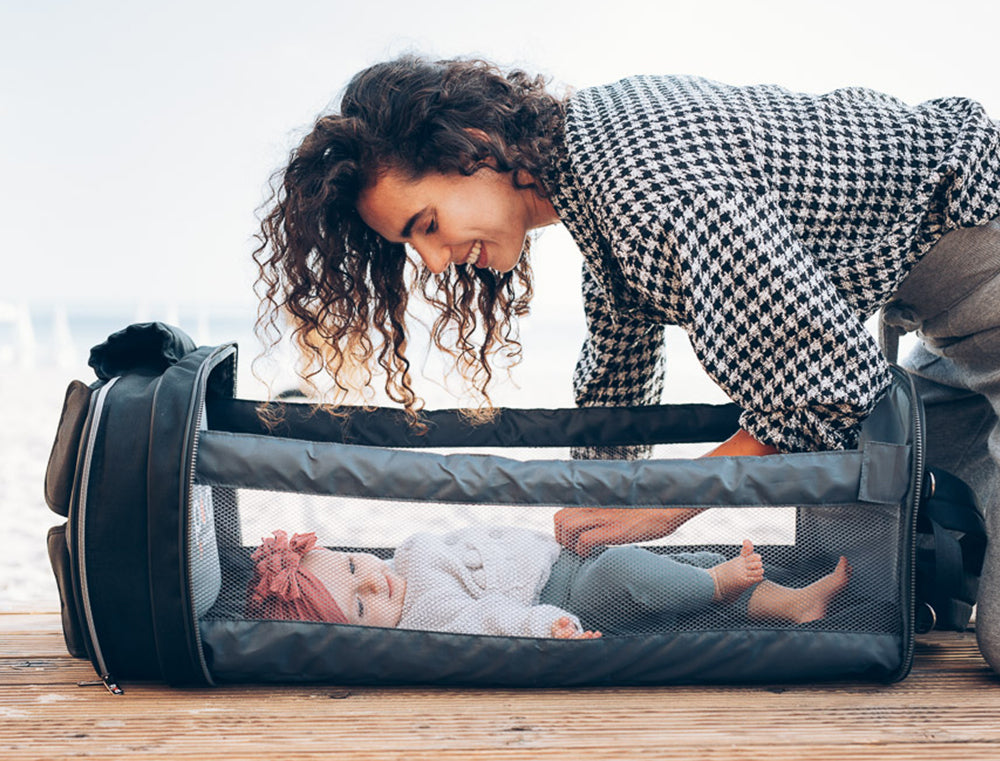Choosing the right baby carrier can be one of the most important decisions you make as a parent. Not only does it offer convenience, allowing you to keep your hands free while tending to your child, but it also promotes bonding and provides comfort for both you and your baby. However, with so many types and brands on the market, finding the perfect baby carrier can be overwhelming. In this guide, we'll walk you through the essential factors to consider, helping you make an informed choice that suits your lifestyle and needs.
Understanding the Different Types of Baby Carriers
The first step in choosing the perfect baby carrier is understanding the different types available. Each type offers unique benefits and is suited for different situations and stages of your baby’s development.
Wrap Carriers: These are long pieces of fabric that you wrap around your body to hold your baby close. Wraps are incredibly versatile and can be tied in various ways to accommodate different carrying positions. They are ideal for newborns due to their snug fit and the close contact they provide.
Ring Slings: A ring sling is similar to a wrap but includes rings that make adjusting the fabric easier. They are great for quick trips and are particularly useful for breastfeeding on the go. Their adjustable nature makes them suitable for babies of all sizes.
Soft-Structured Carriers (SSC): These carriers have padded straps and a structured waistband, offering more support for the wearer. They often include buckles and can be adjusted to fit different body types. SSCs are popular for their ease of use and are suitable for both infants and toddlers.
Meh Dai/Mei Tai Carriers: Originating from Asia, these carriers combine the comfort of a wrap with the support of a structured carrier. They feature a rectangular piece of fabric with straps that tie around the waist and shoulders. Meh Dai carriers are known for their versatility and comfort.
Backpack Carriers: Designed for older babies and toddlers, these carriers are ideal for hiking or long walks. They offer excellent support for the wearer and often include storage pockets for essentials.
Factors to Consider When Choosing a Baby Carrier
When selecting a baby carrier, it’s essential to consider several factors to ensure you choose one that best suits your needs and lifestyle.
Comfort for You and Your Baby: The carrier should distribute your baby’s weight evenly across your shoulders, back, and hips to prevent strain. Look for padded straps and a wide waistband for extra support. For your baby, the carrier should offer a natural, ergonomic sitting position, supporting their hips, spine, and neck.
Ease of Use: Consider how easy the carrier is to put on and take off, especially if you’ll often be using it alone. Wraps and ring slings require more practice, while soft-structured carriers and backpack carriers are generally quicker to use.
Versatility: Some carriers are designed to grow with your baby, offering multiple carrying positions (front, hip, and back). If you want a carrier that lasts through different stages of your child’s development, look for one that offers this flexibility.
Climate and Material: Depending on your climate, you might want a carrier made from breathable fabric, such as cotton or linen, to keep both you and your baby cool. For colder climates, carriers with thicker padding or options for layering can be beneficial.
Durability and Quality: A good baby carrier should last through multiple children, so look for one made from high-quality materials. Check the stitching and construction to ensure it’s built to withstand daily use.
Safety Considerations
Safety is paramount when choosing a baby carrier. Always ensure that the carrier supports your baby’s head and neck, especially for newborns. The carrier should hold your baby high on your chest, close enough to kiss, and allow for unobstructed airflow. Regularly check the carrier for wear and tear, and ensure that all buckles, straps, and fastenings are secure.
Conclusion: Finding Your Perfect Fit
The perfect baby carrier is one that fits comfortably, suits your lifestyle, and keeps your baby safe and secure. Take the time to try on different styles, and don’t hesitate to seek advice from other parents or babywearing consultants. Remember, the best baby carrier is one that both you and your baby love to use, making your parenting journey more enjoyable and connected.
By considering the type of carrier, comfort, ease of use, versatility, climate suitability, and safety, you’ll be well on your way to finding the ideal baby carrier that will serve you well from the newborn stage through toddlerhood.

